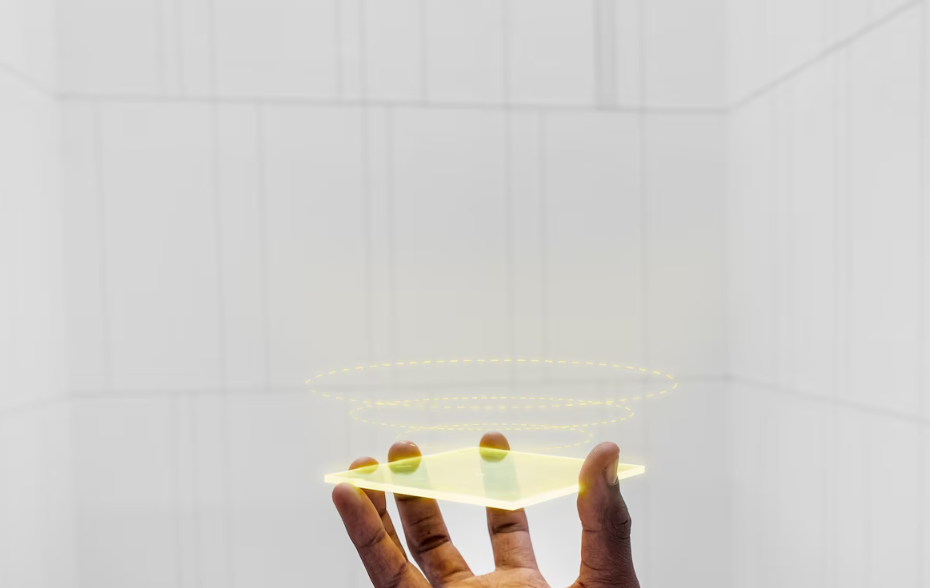In a world rapidly transformed by artificial intelligence, few domains remain untouched. From finance to healthcare, AI is streamlining processes, predicting outcomes, and enhancing decision-making. But what happens when AI enters the courtroom? Can—or should—machines judge us?
The idea of AI legal systems isn’t just science fiction anymore. Governments, legal firms, and technologists are already exploring how AI can play a role in managing the law. But as these systems evolve, they raise pressing questions about fairness, accountability, and the nature of justice itself.
What Are AI Legal Systems?
An AI legal system refers to software that assists—or in extreme cases, replaces—human involvement in legal processes. This includes everything from:
- Case prediction algorithms that assess the likely outcomes of trials.
- Document analysis tools that sift through thousands of pages of legal records.
- Sentencing algorithms used in criminal courts to recommend penalties.
- Virtual legal advisors that offer basic counsel to clients.
At their most advanced, these systems aim to automate parts of the judicial process itself—raising the possibility of AI rendering verdicts or sentencing decisions.
The Appeal of AI in the Legal World
Why even consider letting machines near matters of justice? The case for AI in law is rooted in three core advantages:
⚖️ 1. Efficiency
Courts are notoriously backlogged. AI can dramatically reduce the time it takes to process documents, analyze precedents, and schedule hearings. What once took weeks can now take seconds.
👨⚖️ 2. Consistency
Unlike humans, AI doesn’t get tired, emotional, or biased—at least in theory. An AI can apply the law consistently across similar cases, helping to reduce discrepancies caused by human subjectivity.
📊 3. Data Mastery
AI can access and evaluate massive amounts of legal data—statutes, rulings, case histories—far beyond the capacity of any single lawyer or judge. It can recognize patterns and suggest outcomes based on statistical likelihoods.
Examples Already in Action
AI legal tools are already in limited use around the world:
- COMPAS (Correctional Offender Management Profiling for Alternative Sanctions) is used in U.S. courts to assess the risk of recidivism in criminal offenders.
- DoNotPay is an AI-powered chatbot that helps users contest parking tickets and small claims.
- In China, AI systems have been deployed in “smart courts” to assist in evidence review and verdict suggestion for simple civil disputes.
The Ethical Dilemma: Can Justice Be Automated?
As promising as AI legal systems are, their rise brings a host of ethical and philosophical concerns.
🧠 1. Bias in, Bias out
AI systems are only as good as the data they’re trained on. If historical legal data contains bias (and it often does), then AI can replicate or even amplify those biases. For example, if marginalized communities have historically received harsher sentences, the AI may interpret this as “normal” and perpetuate the pattern.
🧑⚖️ 2. Accountability
Who is responsible when an AI makes a bad legal judgment? The developer? The court? The user? With no human to blame, accountability becomes a legal quagmire.
🤖 3. The Loss of Human Judgment
Law is not just logic—it’s morality, context, and empathy. Judges often consider remorse, intention, and personal circumstances. Can an AI truly understand nuance and compassion? Or would justice become cold, calculative, and detached from humanity?
🔒 4. Transparency
AI models, especially complex ones like neural networks, often function as black boxes. This means we can’t always explain why a system made a particular recommendation or decision—an unacceptable limitation in a domain where transparency is essential.
The Future: Hybrid Justice?
Rather than replacing judges and lawyers, most experts believe AI will augment legal systems. Picture a courtroom where:
- AI rapidly reviews documents and offers recommendations.
- Judges use those recommendations but retain final decision-making authority.
- Lawyers use AI to model trial strategies or assess risks.
This model maintains the human heart of justice while leveraging the strengths of machines.
Still, it’s likely that some smaller legal matters—like traffic fines or contractual disputes—could eventually be handled entirely by AI systems, freeing up courts to focus on more complex cases.
Will Machines Judge Us?
Not yet—but they’re already advising those who do. Whether we ever accept AI judges in the full sense will depend on how well we can address the ethical, technical, and emotional challenges.
For now, the goal isn’t to replace justice with code, but to enhance it. If we tread carefully, AI can help build a legal system that is faster, fairer, and more accessible—but only if we remain vigilant about the values that make justice truly human.


